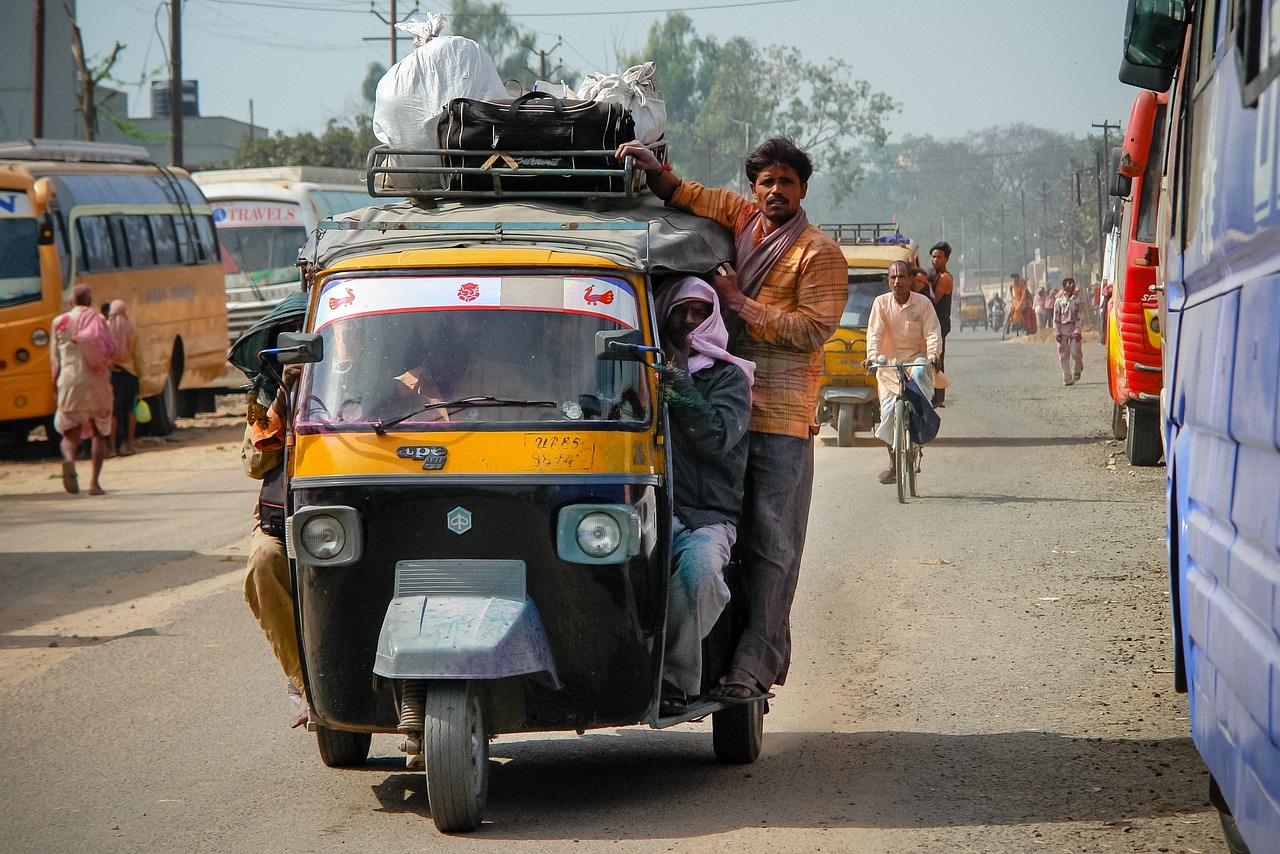Category: Resilience & Institutions Research
-
Electoral surprises and business cycles
Surprise election outcomes can lead to unexpected changes in the incumbent government and the policy agenda. This column studies the economic impact of electoral surprises using a new dataset election polls and outcomes covering 233 elections across 51 countries. It finds that, in strong democracies, electoral surprises (defined as deviations between polling predications and election…
-
De-escalation technology: the impact of body-worn cameras on citizen-police interactions.
We provide experimental evidence that monitoring of the police activity through body-worn cameras reduces use-of-force, handcuffs and arrests, and enhances criminal reporting.
-

Housing insecurity and homelessness: Evidence from the UK
Homelessness and precarious living conditions are on the rise across much of the Western world. This research paper examines the impact of a shock to the affordability of rent in the private sector in the UK, in the form of a cut in housing subsidies for low-income households, on homelessness and insecure living conditions as…
-

Can Workfare Programs Moderate Conflict? Evidence from India.
This research paper explores whether rural employment schemes under MGNREGA can have a moderating impact on insurgency violence.
-

Cohesive Institutions and Political Violence
We look at Nigeria—often seen as the prime example of a country cursed by its wealth; showing that when political institutions are cohesive and power is shared among the diverse groups in a multi-ethnic society, political contests over resource revenues are less likely to be violent.
-

Take what you can: property rights, contestability and conflict
The combination of weak institutions and natural resource abundance are a recipe for civil conflict and the overexploitation of natural resources. This research paper presents evidence from Brazil indicating that insecure property rights are a major cause of land related conflict and a contributing factor in Amazon deforestation.
-

The Welfare Cost of Lawlessness: Evidence from Somali Piracy
Somali piracy has created a major externality due to disruption to shipping, especially in the Gulf of Aden. How costly is this anarchy? This research paper analyses micro-data on individual shipping contracts and finds that piracy increased transport costs by around 8%.